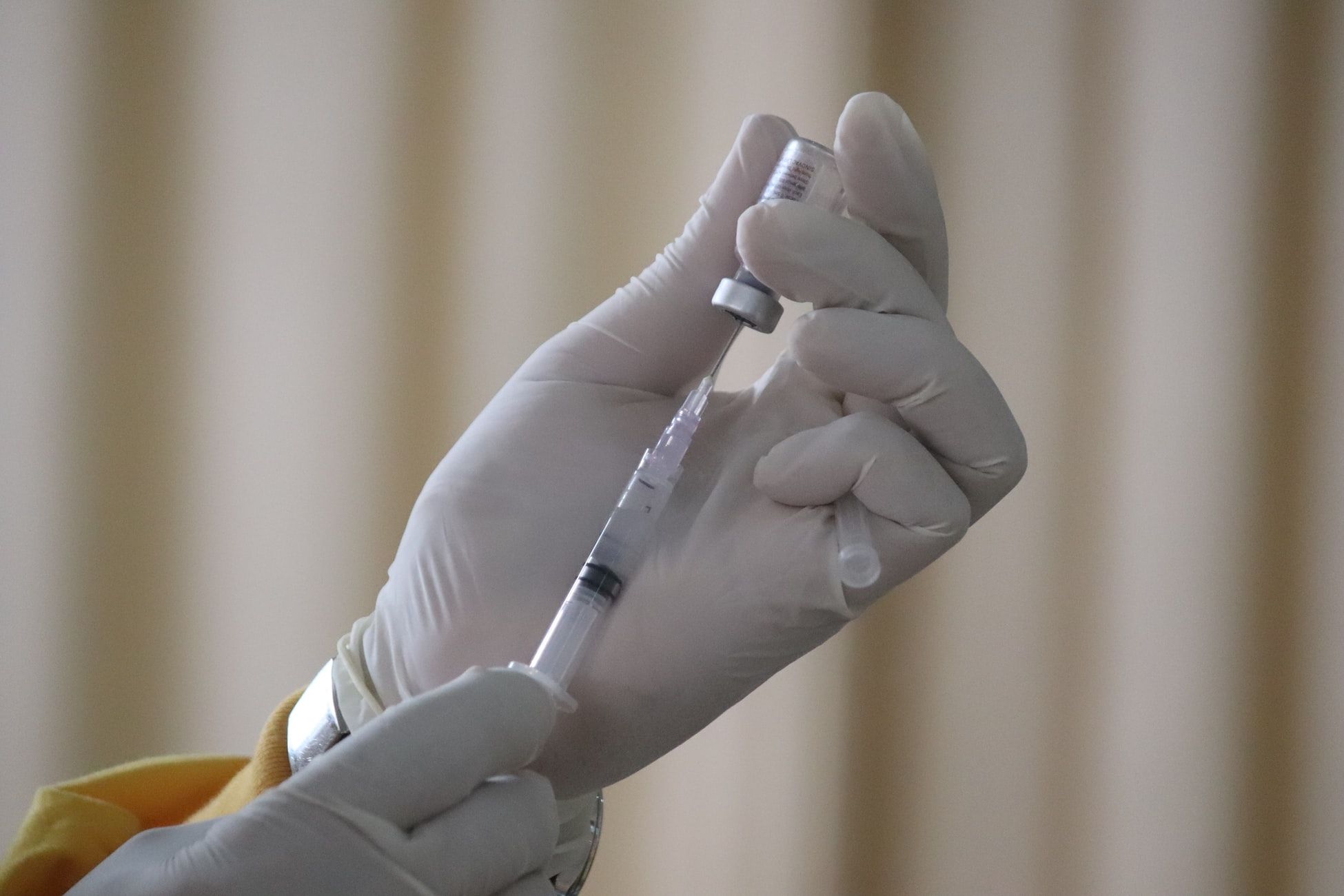Traumatic events in childhood such as domestic violence, neglect, or substance misuse in the family could be linked to refusal or reluctance to get the COVID-19 vaccine as adults, a recent study has suggested.
The research, published in the BMJ Open journal, found that vaccine hesitancy was three times higher among people who had experienced four or more types of trauma as a child than it was among those who hadn’t experienced any.
Also Read: NeoCoV coronavirus: What WHO has to say about the new virus
The possible explanation behind this link could be the impact of trauma on a person’s trust levels. Mistreatment as a child could undermine subsequent trust, which could also show up in terms of trust in health systems.
The results were based on responses collected through telephonic surveys of 2285 adults living in Wales. The survey asked about nine types of childhood trauma experienced before the age of 18: including sexual abuse, exposure to domestic violence, physical or verbal abuse, alcohol or drug abuse, living with a family member with a mental illness, or being related to someone who was in prison.
Also Read: ‘Stealth omicron’ & COVID: Has the BA.2 sublineage been reported in India?
A little more than half (52%) said they hadn’t experienced any trauma. One in five said they had experienced one type, one in six reported experiencing 2-3 types, and almost 10% reported four or more types.
The study results showed that vaccine hesitancy was three times higher among those with a childhood trauma count of four or more and higher in younger age groups.
The likely rates of vaccine hesitancy according to childhood trauma and age were estimated at: these ranged from around 3.5% among those aged 70 and above with no experience of childhood adversity, to 38% among 18–29-year-olds who had experienced 4 or more types of childhood trauma.
Also Read: Omicron is less severe as it spares the lungs, studies suggest
The researchers acknowledged that this is an observational study, and therefore, cannot establish a definite cause. However, the findings do point out that people who have experienced childhood trauma are “known to have greater health risks across the life-course. Results here suggest such individuals may have more difficulty with compliance with public health control measures and consequently require additional support,” according to the article in BMJ.







